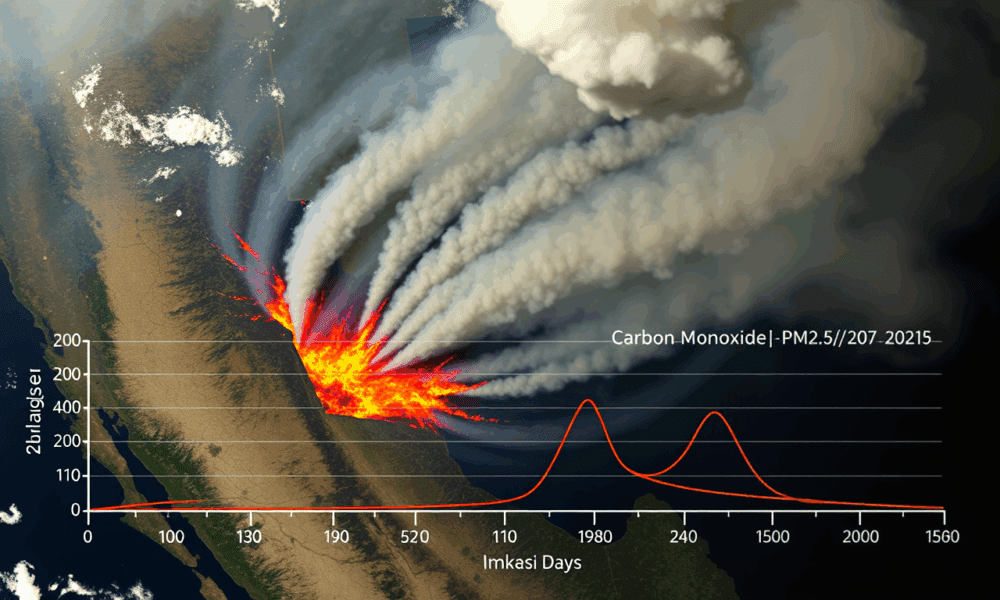
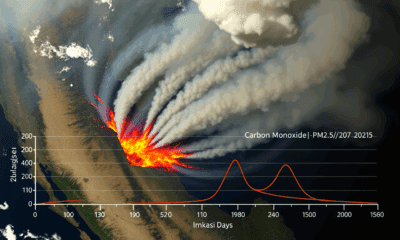

With wildfires increasing in frequency, severity, and size in the Western U.S., researchers are determined to better understand how smoke impacts air quality, public health, and...
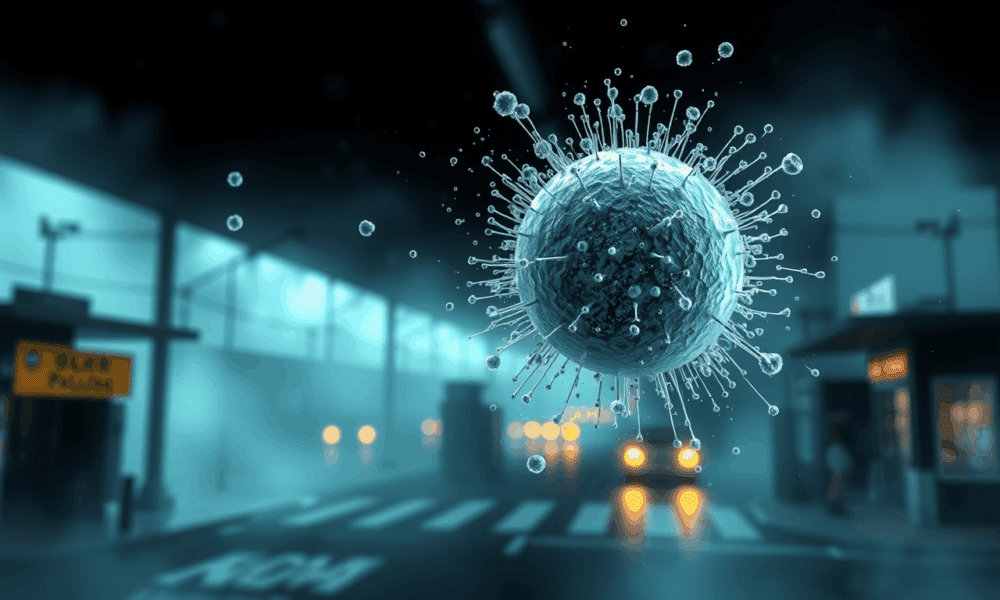


A pioneering method to simulate how microscopic particles move through the air could boost efforts to combat air pollution, a study suggests.
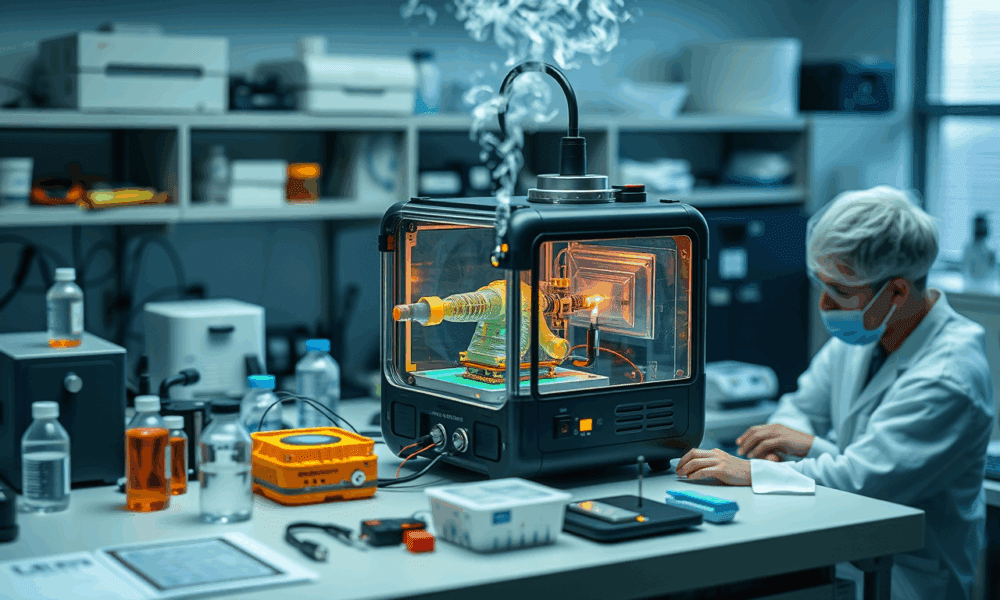
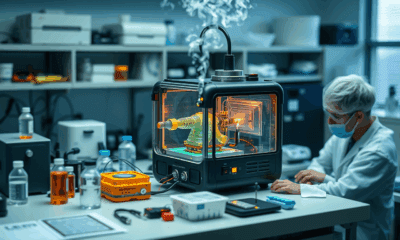

If you've ever sat waiting at the doctor's office to give a blood sample, you might have wished there was a way to find the same...
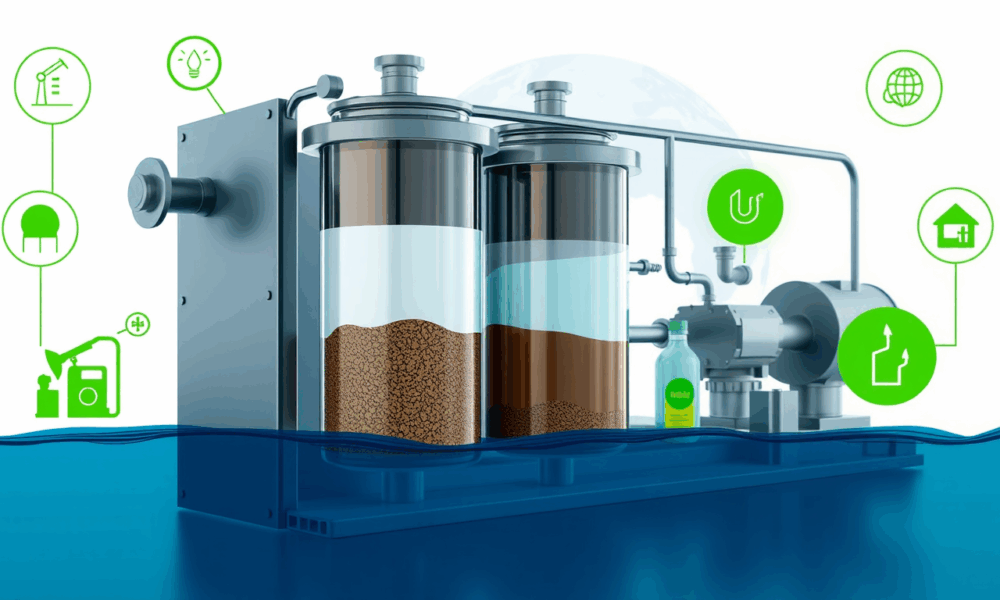
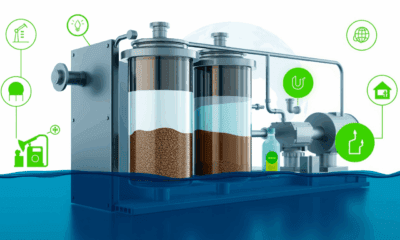

Engineers developed a membrane that filters the components of crude oil by their molecular size, an advance that could dramatically reduce the amount of energy needed...
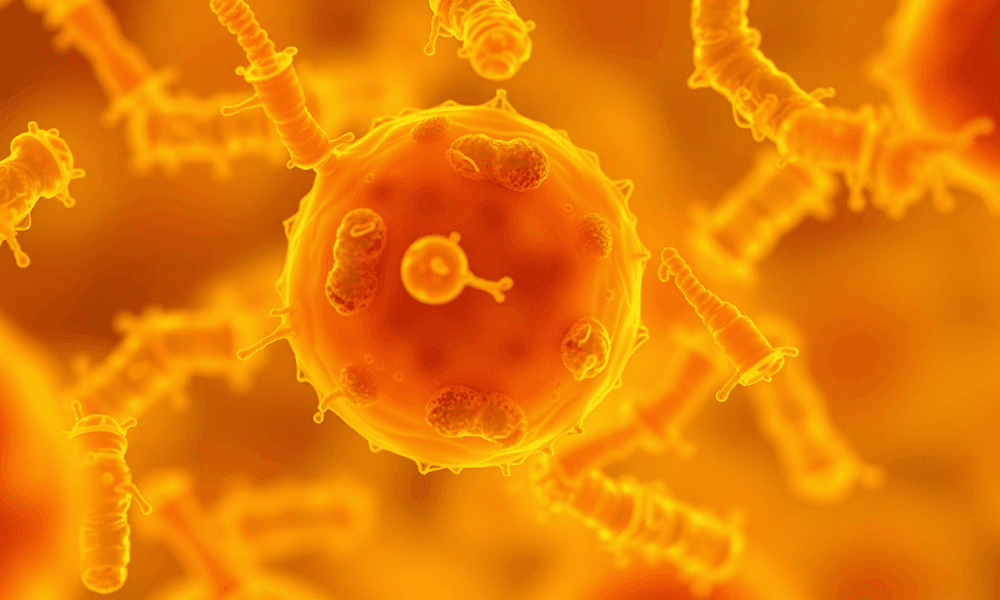
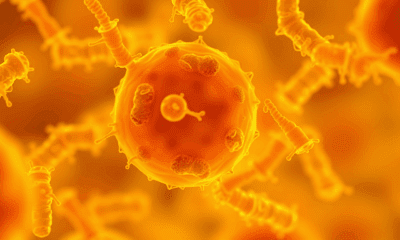

Nanoplastics are everywhere. These fragments are so tiny they can accumulate on bacteria and be taken up by plant roots; they're in our food, our water,...
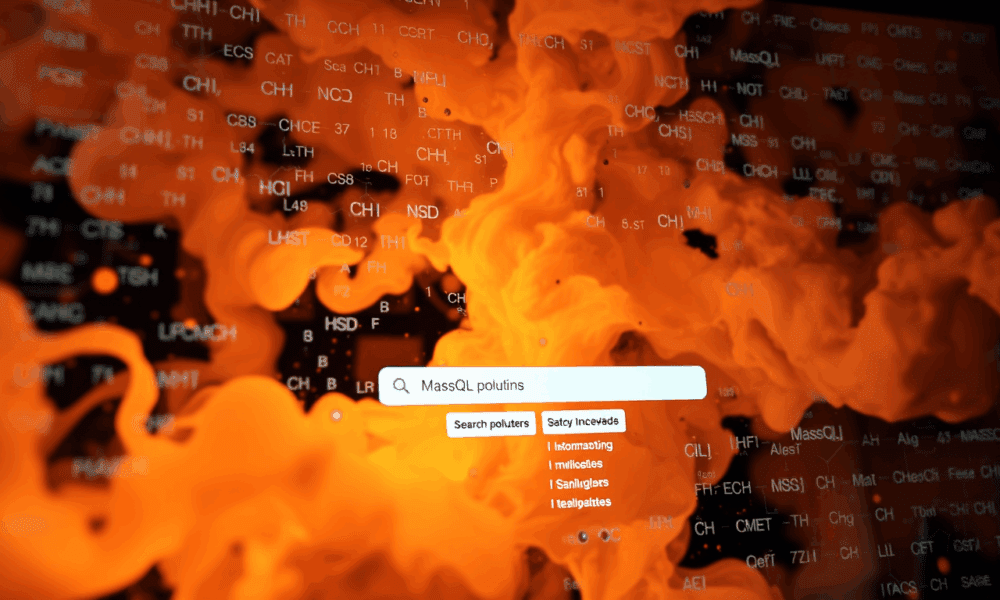
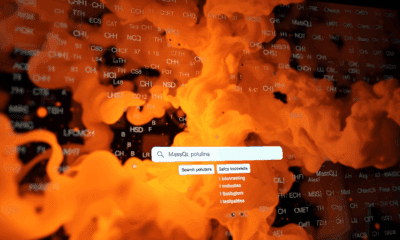

Biologists and chemists have a new programming language to uncover previously unknown environmental pollutants at breakneck speed -- without requiring them to code.
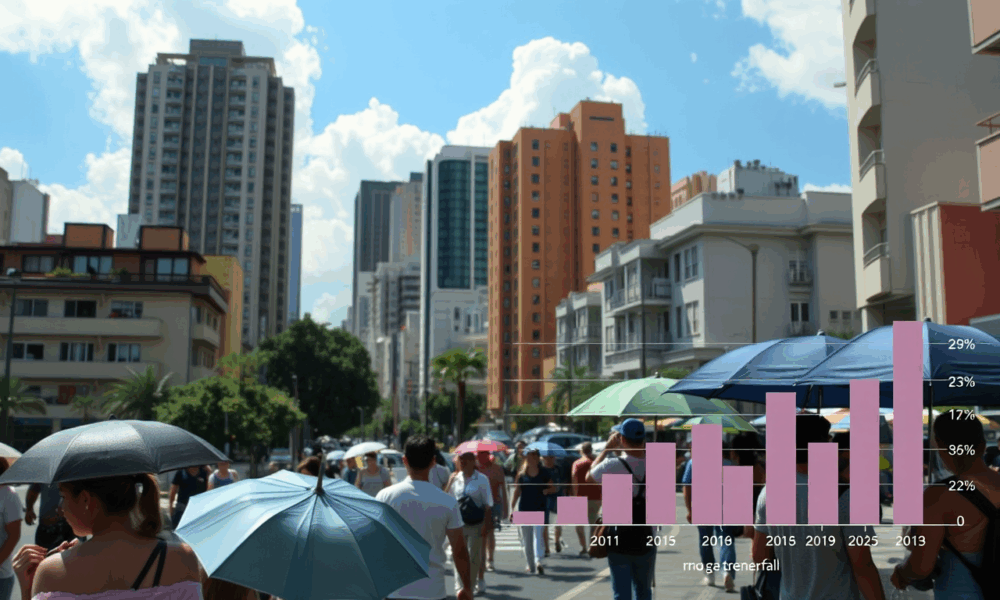
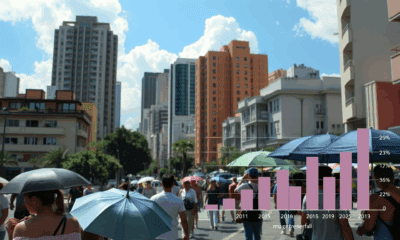

Stifling heat and sticky air often make summertime in the city uncomfortable. Due to the heat island effect, urban areas are significantly warmer than nearby rural...
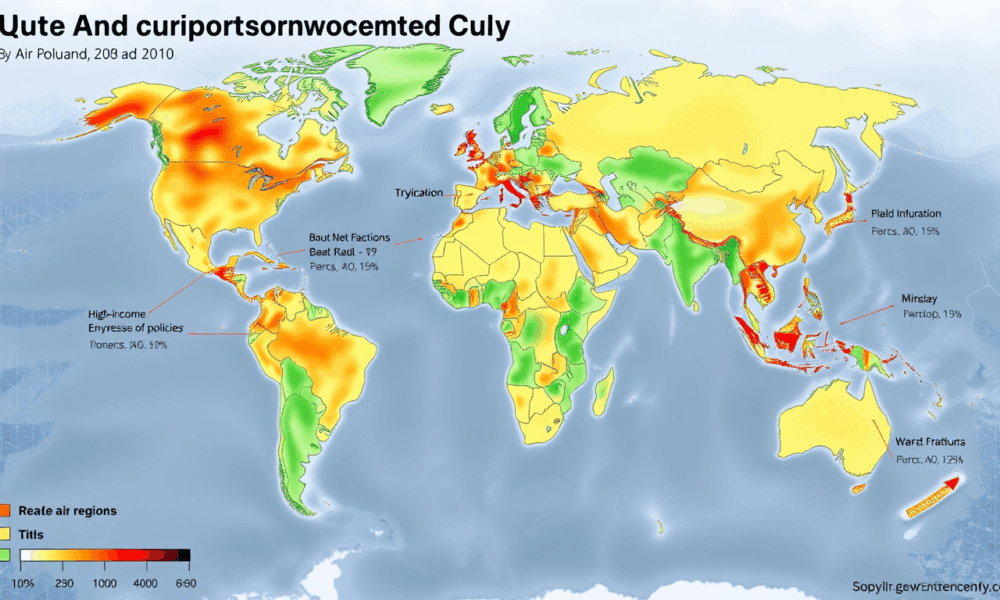
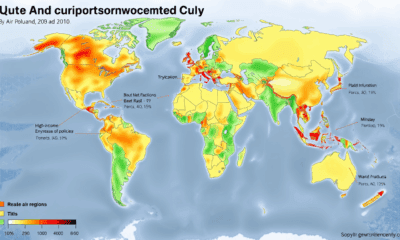

In a sweeping new study of more than 13,000 urban areas worldwide, researchers have mapped air pollution levels and carbon dioxide emissions, providing comprehensive global analysis...
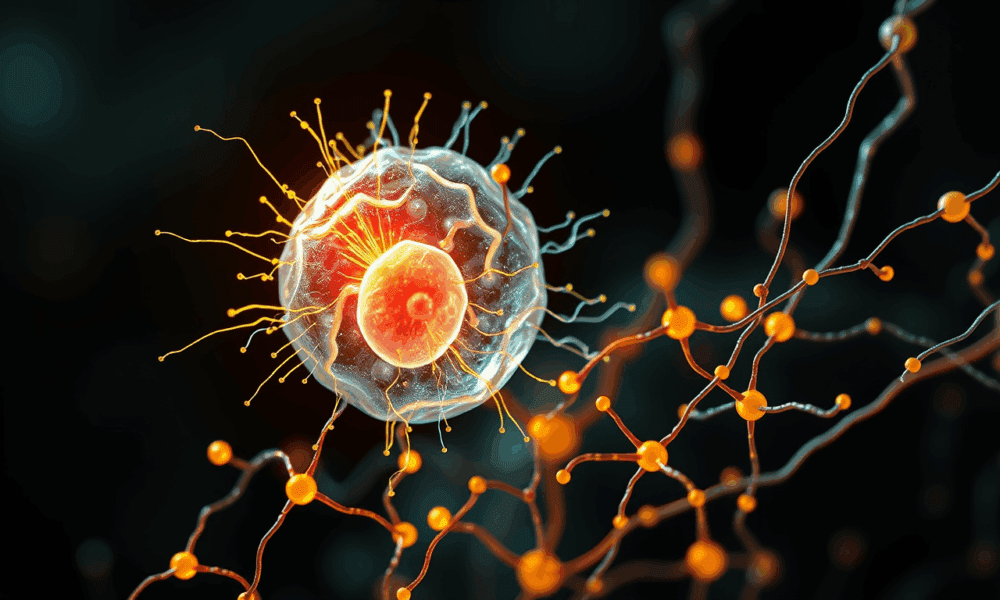
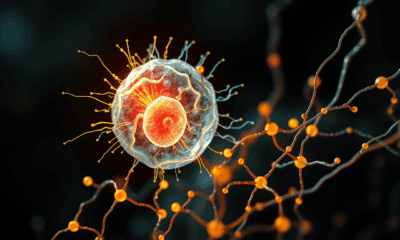

A team has discovered how certain bacteria breathe by generating electricity, using a natural process that pushes electrons into their surroundings instead of breathing on oxygen....



A new study suggests that early-life exposure to two widespread environmental pollutants -- small particle air pollution and outdoor artificial light at night -- could increase...